By Eric Niderost
It was around noon, June 19, 1940, when a small caravan of cars set out from Antibes in southern France en route to the Spanish border. Edward, Duke of Windsor was in one of the cars accompanied by his wife, the former American socialite Wallis Simpson. Edward had once been King of England, but he abdicated the throne to marry this woman who sat behind him, declaring in a radio address that he could not go on without “the woman I love.”
Now they were in a desperate bid to reach safety in neutral Spain. It was a gamble because they had no visas and might be stopped and refused entry. But desperate times call for desperate measures. German tanks had smashed though the French frontier and defeated Allied armies in a stunning demonstration of the Blitzkrieg, and Paris had been evacuated. Before long a rump French government would sue for peace, and it was imperative the Duke get out of the country as soon as possible.
The journey to the Spanish border was anything but easy. There were numerous roadblocks, barriers manned by French soldiers who had been veterans of World War I. The royal caravan might have been stopped dead in its tracks, but when they came to the first roadblock a quick-thinking Edward let himself be seen by the soldiers.
“Je suis le Prince de Galles. Laissez-moi passer, s’il vous plait. (I am the Prince of Wales. Let me pass, please.)” he said. Edward had been a popular figure during the Great War, often visiting the front. He was known to most Frenchmen and well liked. His caravan was allowed to pass without difficulty each time a roadblock was encountered.
When the royal party reached Perpignan near the Spanish border a stubborn Spanish consul refused at first to issue transit visas for the fugitives. The duke sent hurried telegrams to the British ambassador at Madrid and the Spanish consul at Bordeaux, and after much argument, political pressure, and fervent appeals the consul gave in. The duke and his party set foot on Spanish soil around 6 pm on June 20, 1940, then proceeded to Barcelona and a well-earned rest in a luxury hotel.
The Duke of Windsor had escaped the fire of war only to land in the frying pan of espionage and political intrigue. Spain was ruled by the fascist dictator General Francisco Franco y Bahamonde, who made little attempt to hide his pro-Axis leanings. In fact, he had recently declared Spain to be not strictly neutral but actually “nonbelligerent.” To many outside observers this seemed but one step away from actively joining the war on Hitler’s side.
Edward’s presence in Spain and later Portugal would lead to Operation Willi, a German attempt to capture the duke by fair means or foul. If he could be persuaded to come into Germans hands freely, so much the better. If not, the Germans were prepared to kidnap him and force him to comply.
The Willi plot has its roots in Edward’s alleged pro-German attitudes. Some historians have gone so far as to maintain he was sympathetic with the Nazis, and he certainly was guilty of some indiscreet remarks concerning the possibility of German victory. But a few offhand comments uttered in private to friends did not make him pro-Nazi. Further examination of his past can perhaps ferret out the truth.
Edward was born in 1894 at the height of the British Empire. A great-grandson of Queen Victoria, he became Prince of Wales and heir to the British throne when his father George V became king in 1910. When World War I broke out he was given a commission in the Grenadier Guards but was not permitted to take an active command.
The prince did make frequent tours of the Western Front and tried to expose himself, even in a limited way, to the danger and hardships of trench warfare. He may not have been in battle, but he saw enough of the horrors of war to mark him for life. Like many of his generation, he considered war a plague of mankind, something to be avoided at all costs.
In the 1920s, the Prince of Wales was something of an international celebrity, admired and even envied around the world. In 1935 Edward gave an address to the British Legion, an organization of war veterans, in which the prince expressed a hope that they would stretch a “hand of friendship” to their counterparts in Germany. The speech was considered pro-German and began a controversy over his loyalties that continues to this day.
Edward became king in January 1936, but his reign proved short-lived. He wanted to marry his mistress, American-born Wallis Simpson, and refused to consider any other course. Simpson had already been married once and was in the process of obtaining a divorce from her second husband. She was considered a gold-digging, unscrupulous adventurer, and the British establishment and many common British people were aghast.
And so it was that King Edward VIII abdicated the throne in favor of his younger brother Albert, who then took the title of George VI. Relations between Edward and his family quickly soured, especially when his new wife was denied the title of “royal highness.” Edward was created Duke of Windsor and went into a kind of semi-exile in France. When he married Wallis in 1937, the new king would not give permission for any of the royals to attend the ceremony.
Hurt by what he perceived as shabby treatment, Edward foolishly visited Nazi Germany in October 1937. This would be a propaganda coup for the Nazis, and some of Edward’s friends, notably Winston Churchill, urged him not to go. The duke rejected their advice. He was curious about Hitler and felt “red carpet” treatment in Germany would make up for the snubs Wallis endured from the royal family.
Edward and Wallis toured various sites and were entertained by Luftwaffe chief Hermann Göring, propaganda minister Josef Goebbels, and many others. It was reported that once or twice the duke gave the infamous “Heil Hitler” salute. If true, it was probably more of a “when in Rome, do as the Romans do” situation than an outward expression of his inner beliefs.
The 12-day tour of Germany climaxed when the couple had tea with Hitler at Berchtesgaden. The Führer seemed genuinely charmed by the Windsors and later remarked “what a good Queen” Wallis would have made. In retrospect, the trip was something of a turning point for the Duke of Windsor, though few were aware of the fact. As time wore on, Edward’s loyalties became more and more suspect. Even in isolationist America the duke was indelibly seen as someone who harbored pro-German sympathies.
When war broke out in 1939, the Windsors came back to Britain but were partly cold-shouldered and given little to do of real substance. Edward was a British liaison officer with the French High Command, but his reports on the French lack of military preparedness were ignored.
When the Windsors arrived in Spain, the German ambassador, Eberhard von Stohrer, telegraphed Berlin asking what to do. This was a matter for German Foreign Minister Joachim von Ribbentrop, who immediately began thinking the duke would serve as a useful pawn in the German war effort.
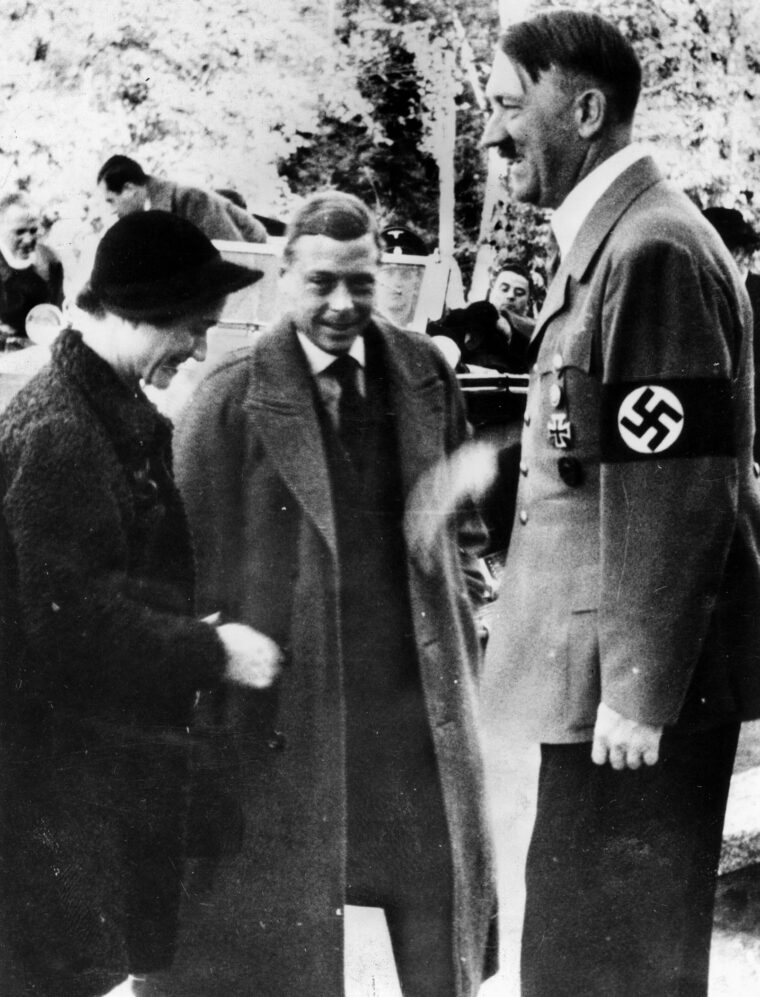
Ribbentrop spoke English and had been German ambassador to Britain in the 1930s. He knew Edward from his brief reign as king and according to some reports also was acquainted with Wallis. In 1941, FBI agents investigating Wallis uncovered scurrilous rumors that Ribbentrop was actually her lover for a time. In any case Ribbentrop wanted to get the Duke and Duchess of Windsor into his hands as soon as possible.
Edward loved the privileges of rank but not its duties. He was often lazy, selfish, and inattentive, yet in his way was genuinely idealistic on social issues and staunchly patriotic. The duke tried not to say anything at least publicly that might hurt his country.
In spite of good intentions, Edward made some indiscreet private remarks to Alexander Weddell, the American ambassador to Spain.
The duke felt the war was an unmitigated disaster for Britain and that the island nation was on the brink of a catastrophic defeat. In his opinion, “The most important thing to be done now was to end the war before thousands more were killed or maimed to save the faces of a few politicians.” This made Edward sound like a defeatist, if not exactly pro-German, and did little to help his reputation even though the remarks were not widely known.
Winston Churchill was now prime minister of Great Britain, and a man who supported Edward during the abdication crisis. Churchill wanted Edward to come home as soon as possible, and once back on British soil things could be sorted out. In other words, hopefully Edward could be given a job of real substance.
But Edward, still smarting from his family’s rejection of Wallis, would not come back until assured that his family would make some gesture of reconciliation. After mulling it over, Edward decided that if Wallis could meet King George and Queen Elizabeth for even 15 minutes his terms would be met. Unfortunately, the king and the rest of the royal family refused to make even a token gesture.
In the meantime, Ribbentrop telegraphed Franco’s foreign minister, Colonel Juan Beigbeder y Atienza, requesting that the Windsors be detained in Spain as long as possible. Ribbentrop added that it was to be done in such a way as to allay suspicion the Germans were behind it. Colonel Beigbeder was intelligent and able but also an unpredictable eccentric, a man who displayed the Koran and liked to dress in Arabic robes.
Beigbeder offered Edward a chance to stay in Spain indefinitely as a guest of the Spanish government. To sweeten the offer, Beigbeder offered Edward the use of a romantic Moorish palace in Andalusia. It was tempting, but Edward’s nominal status as a serving British officer would create problems if Spain joined Germany in the war.
Edward decided to go to Portugal. It would be a convenient place to wait while Churchill and the British government mulled over his terms. If acceptable, the ducal party could easily take ship from Lisbon. Edward and Wallis left Spain and crossed over the Portuguese border on Wednesday, July 3, 1940. When Ribbentrop heard the news, he flew into a rage. Edward had escaped! The German embassy had failed him completely! So had Franco!
While Ribbentrop fumed, the Windsors settled in their new, if temporary, home. The British embassy in Lisbon arranged for the ducal party to stay at the oddly named Boca do Inferno, or Mouth of Hell. It was an isolated but beautiful seaside villa owned by a Portuguese banker named Ricardo Espirito Santo Silva. Edward, translating the name with some humor, called him “Mr. Holy Ghost.”
These moments of levity ended abruptly when the duke received a telegram from Churchill. While coldly polite, the message was ominous and appeared to threaten Edward with court-marshal if he did not come home immediately. Churchill had been a longtime friend and his supporter during the abdication crisis, so the duke was hurt. He nevertheless agreed to obey without conditions.
Back in Berlin, Ribbentrop started hatching new plans to seize the Duke of Windsor. But what did he intend to do with the former king? Most likely Ribbentrop, a man capable of flights of fantasy and prone to self-delusion, had not worked out the details yet. He seems to have genuinely thought Edward would be a willing tool of the Nazis. If Edward proved to be less pliable, Ribbentrop was still going to use him, even if that meant kidnap or coercion.
Ribbentrop seems to have convinced Hitler that the duke could be used in some way. There were several possibilities. He could participate in Anglo-German peace negotiations after a German victory or even become a puppet ruler for the German Reich.
Wing Commander P.R.T. Chamberlayne, the air attaché to the British embassy in Lisbon, made all the security arrangements for the duke. Known by his nickname of “Tanks,” Chamberlayne had to rely on security personnel supplied by the Portuguese government. Chamberlayne never seems to have thought of any kidnapping plots. His main concern was a German invasion of the Iberian Peninsula.
Edward was depressed over his situation, and his mood was not helped by the ever-present Portuguese security. He was used to detectives, but at one point was actually berated by Captain Agostino Lourenco for having slipped away to take a solitary walk. These kinds of restrictions made the elegant surroundings of Boca do Inferno more like a gilded prison than a place of refuge.
The duke soon received another telegram from Churchill offering him the position of governor of the Bahamas. The Bahamas are a tiny cluster of coral islands thousands of miles from Europe, and Edward could hardly believe his eyes at first. To him, this was exile, pure and simple, and it deepened his depressed mood. He accepted the post but with some reluctance.
When Ribbentrop heard of the Bahamas appointment, he cabled the German embassy in Madrid to try to lure Edward back to Spain. Portugal’s Dr. Antonio Oliveira Salazar may have been a dictator, but he was also pro-British. The Germans felt that it would be much easier to lay hands on the duke if he were on Spanish soil.
The German foreign minister felt he needed a representative in Spain to expedite matters and make sure there were no further slipups. He chose SS Brigadeführer Walter Schellenberg, a man who already had experience in the German secret service. Schellenberg had his doubts about the scheme, but since Hitler had approved the project there was little more to be said.
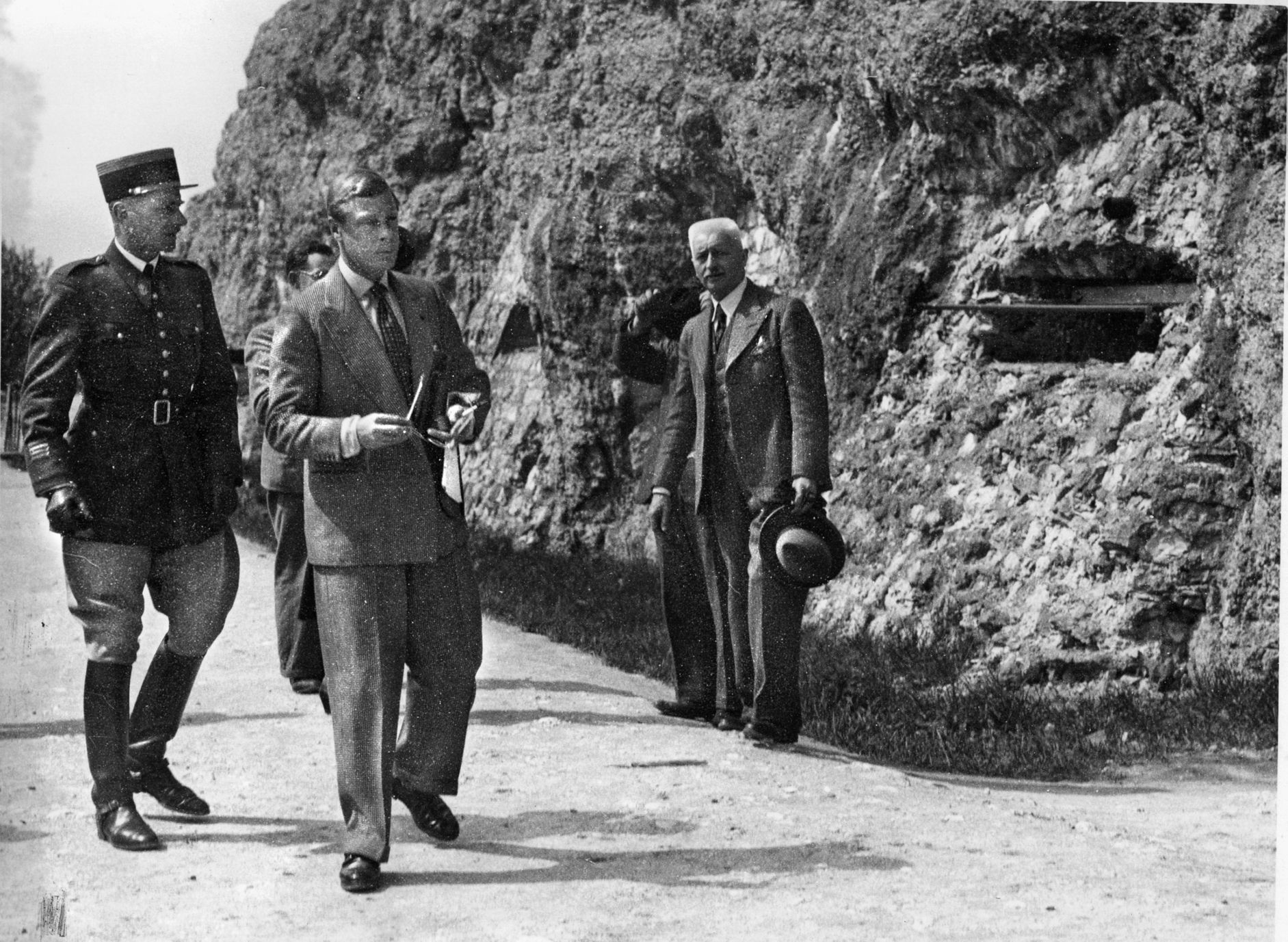
Schellenberg flew first to Madrid and then to Portugal to make preparations for the plan, now code-named Operation Willi. To get the duke in a more receptive frame of mind, scare tactics were to be employed as well as some psychological pressure. Edward was already despondent, and the Germans wanted to create an atmosphere of paranoia.
If the duke felt the British Secret Service wanted to assassinate him, he might want to return to Spain for protection. Once there, he could be “persuaded” to cast his lot with the Germans, if only discreetly and indirectly. Once in Switzerland or wherever else he was placed, he could be held in reserve until after the final German victory and disposition as a puppet of the Nazi government. If the duke proved cooperative, 50 million Swiss francs would be placed at his disposal.
Hitler made it clear that Edward and Wallis were not to be harmed physically, but everything else was on the table. If the duke proved too reluctant to come back to Spain, the gloves would come off in short order. He was to be kidnapped in Portugal and smuggled over the border by force.
In the meantime, the Spanish government sent one of the Duke’s old friends, Miguel Primo de Rivera, to Portugal on a mission. He was to sound Edward out as to the possibility of returning to Spain. Don Nicholas Franco, brother to the Spanish dictator and ambassador to Portugal, also broached the subject. He found Edward friendly and willing to give the proposal serious consideration.
The topic is controversial, but it seems that in his darkest moments of despair the Duke of Windsor considered or at least toyed with the idea of going to Spain. He felt the war was a disaster, and Don Nicholas assured him that in the wake of a catastrophic defeat only he could save Britain. In July 1940 Britain stood alone, threatened with invasion, shakily poised on the brink of utter ruin. Maybe he did have a historic role to play.
Edward had no idea that the Germans were behind the Spanish offers. In the end duty called, and he could not reject his appointment to the Bahamas. Schellenberg stepped up the pressure and even had stones thrown against the Boca do Inferno’s windows at night.
The Windsors were supposed to believe the rocks were thrown by the British Secret Service. It was a childish ploy, and if the windows were rattled Edward was not. Supposedly the duchess was sent a bouquet of flowers that contained a note warning her about the nefarious actions of the British Secret Service. These halfhearted tricks had little effect.
Edward’s decision to go to the Bahamas was strengthened by a visit from an old friend, Sir Walter Monckton. Monckton had startling news: the British had picked up some indications of a German plot to kidnap the duke and duchess. The Windsors pushed forward their plans for departure.
Schellenberg had orders to kidnap the Windsors if necessary, but he was extremely reluctant to do so. Edward was well guarded, and the royals were in the heart of a neutral but actually pro-British country. The British Secret Service, an organization Schellenberg respected as both powerful and professional, was also operating in Portugal. Kidnapping sounded good perhaps, but the action carried too many logistical and political problems.
The Duke and Dutchess of Windsor sailed from Lisbon aboard the liner Excalibur on August 1, 1940. The Germans tried to delay their departure by spreading the rumor of a bomb aboard ship, but the tactic failed. Ribbentrop’s fantastic scheme to make the Duke of Windsor a German Quisling collapsed.
Yet some historians feel the Duke of Windsor did play a small but significant role that summer of 1940 by keeping the Germans guessing as to his intentions. Hitler had a certain admiration for Britain and hoped the Britons would “see reason” and accept Nazi domination of Europe. There was always the hope that the British would themselves get rid of Churchill and King George VI and recall Edward to the throne.
These ideas were pure fantasies, but Hitler, encouraged by Edward’s alleged pro-German stance, was more than willing to believe them. Yet he did not want to alienate the duke or harden British opinion by launching a premature and unnecessary invasion of Britain. It was also true Hitler had no real taste for amphibious operations.
The Duke of Windsor’s flirtations, or seeming flirtations, with the Spanish and Germans played a part in Hitler’s reluctance to order an invasion. The British were given time to recover from Dunkirk and prepare for the onslaught to come. During the summer of 1940, British factories were producing 500 Supermarine Spitfire and Hawker Hurricane fighter planes a month.
On August 1, 1940, Adolf Hitler issued his Führer Directive No. 17, ordering the Luftwaffe to “overpower the English air force” in the shortest possible time. Though the Germans had attacked British shipping in the English Channel in July, the main phase of the Battle of Britain began in August. Historians point out that the Hitler directive was issued the very day Edward left Europe for the Bahamas.
The collapse of Operation Willi was also a blow to Hitler’s Anglo-German fantasies. He realized that there would be no accommodation, at least for the present. The Führer also realized that Edward, the king turned pawn, would be off the political chessboard for some time to come. The Duke of Windsor, always seeking to serve his country, had unwittingly bought it time.
Eric Niderost is a frequent contributor to WWII History. He writes from Hayward, California, where he is also a college professor.
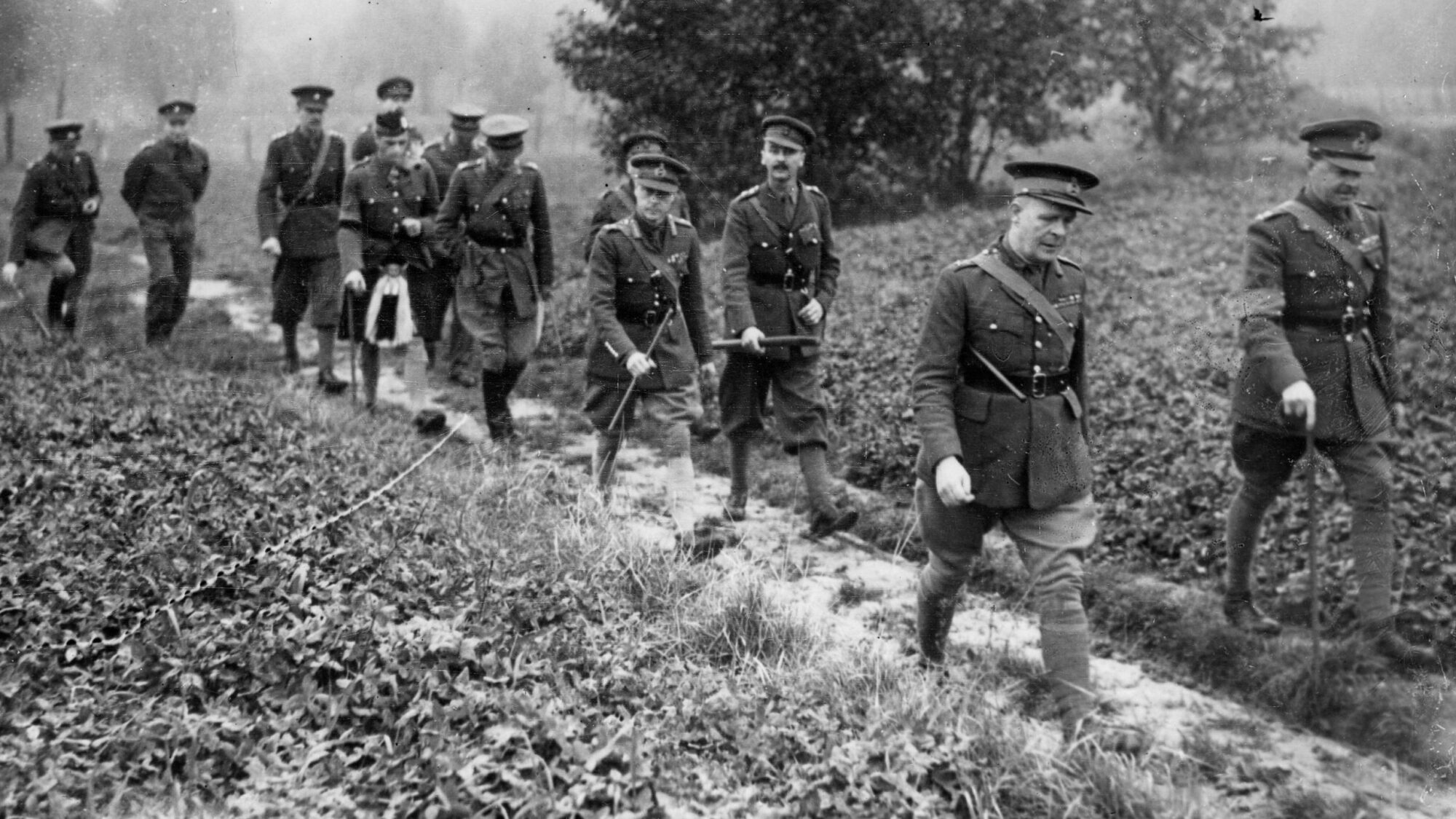
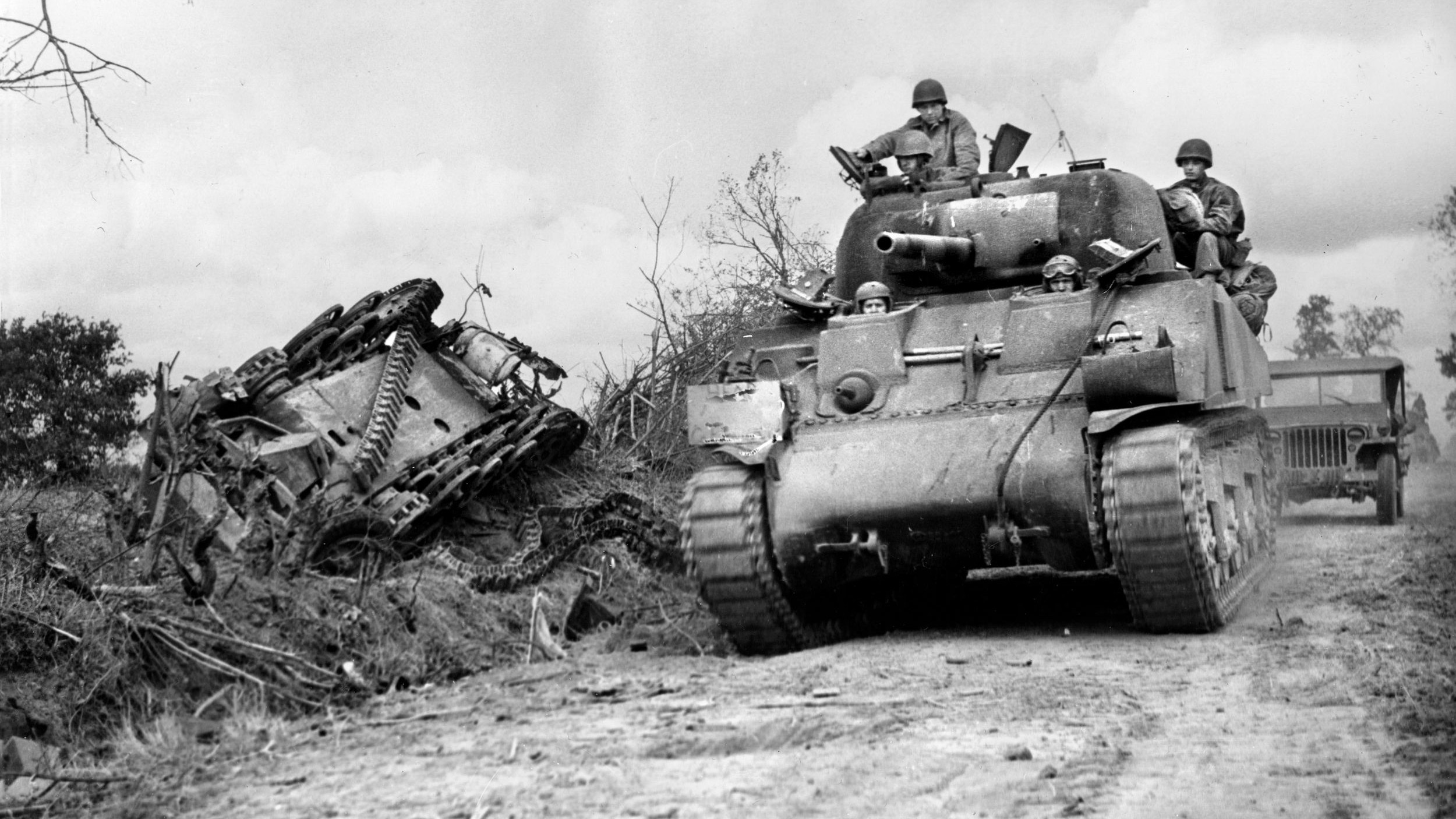
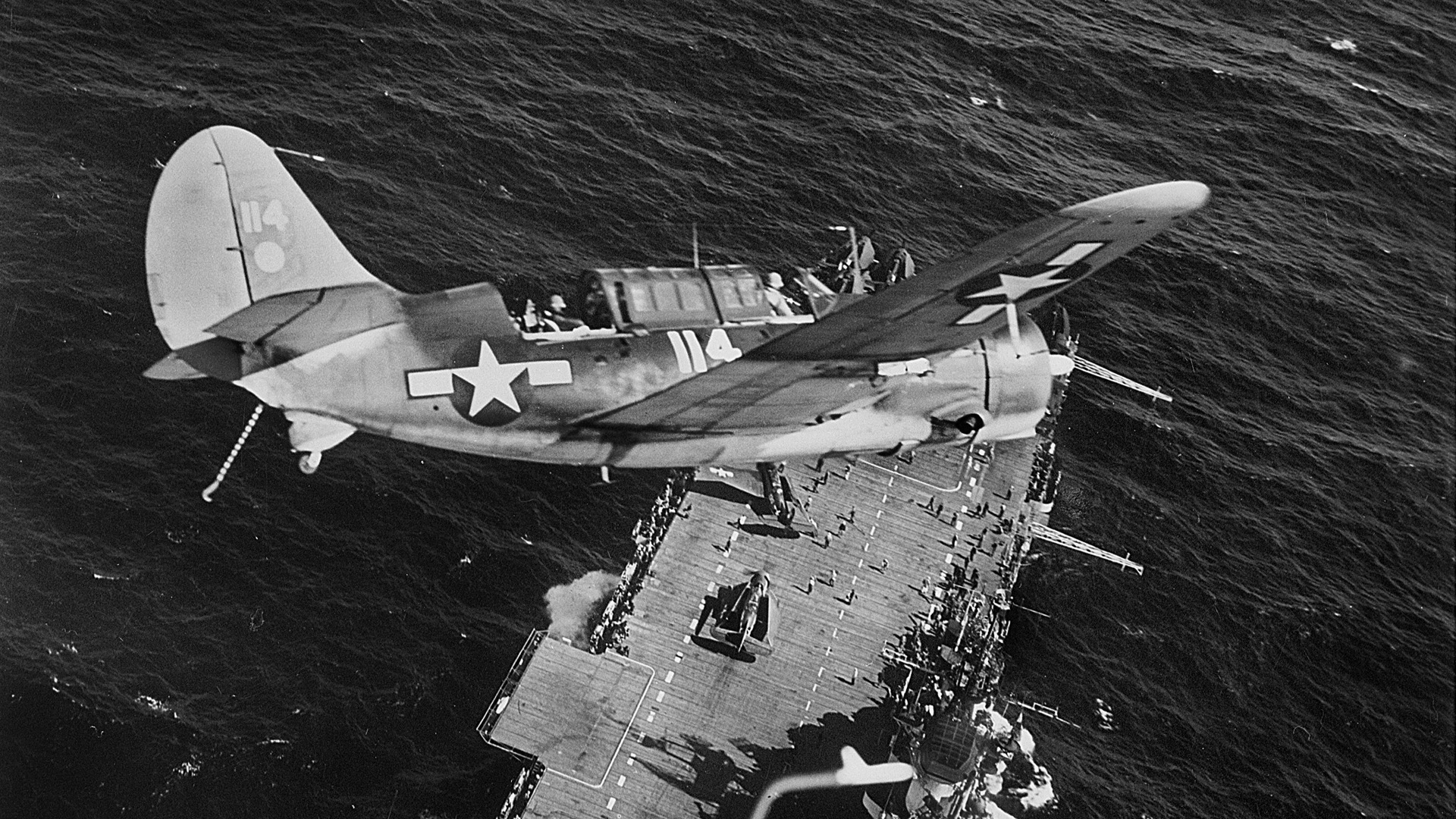
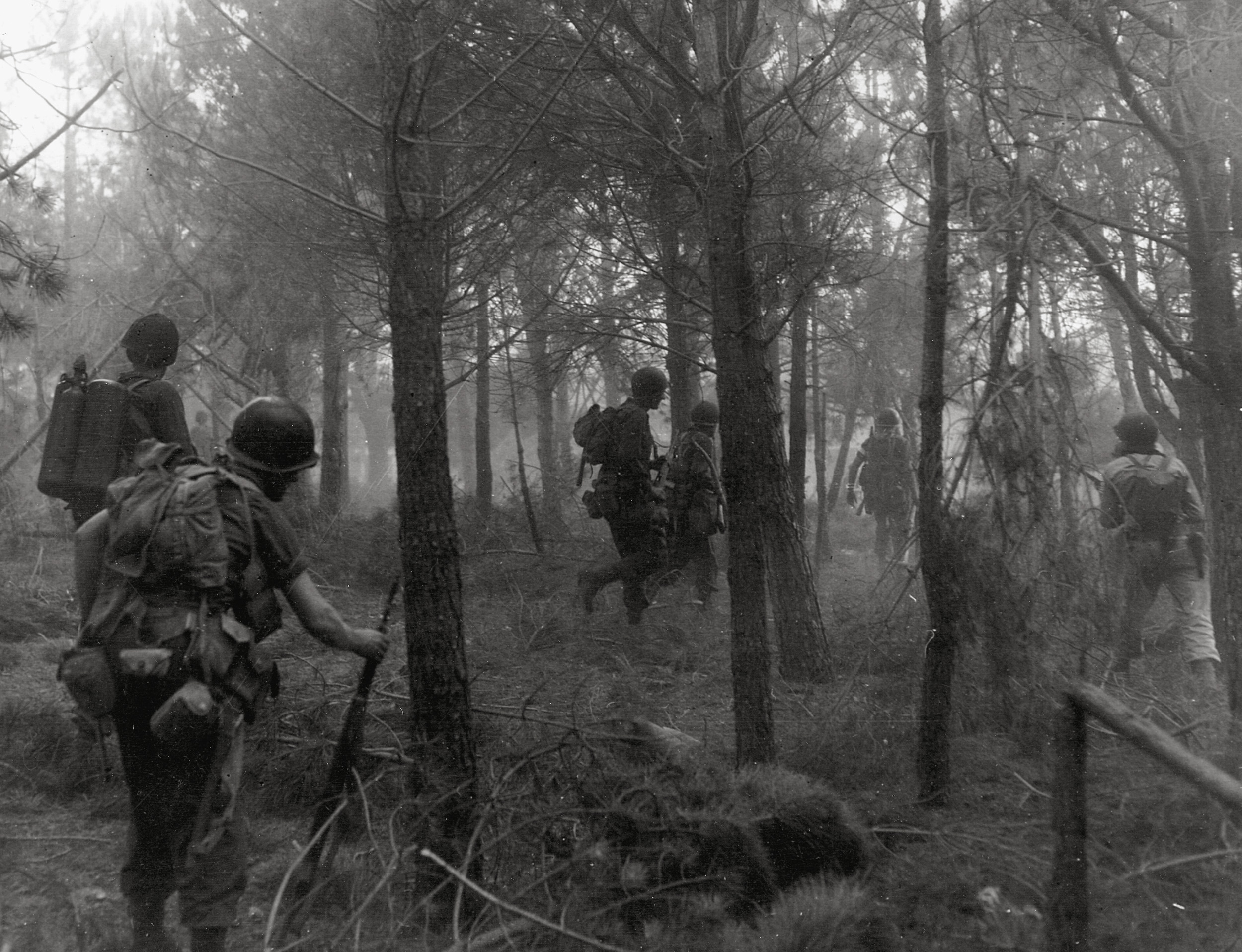

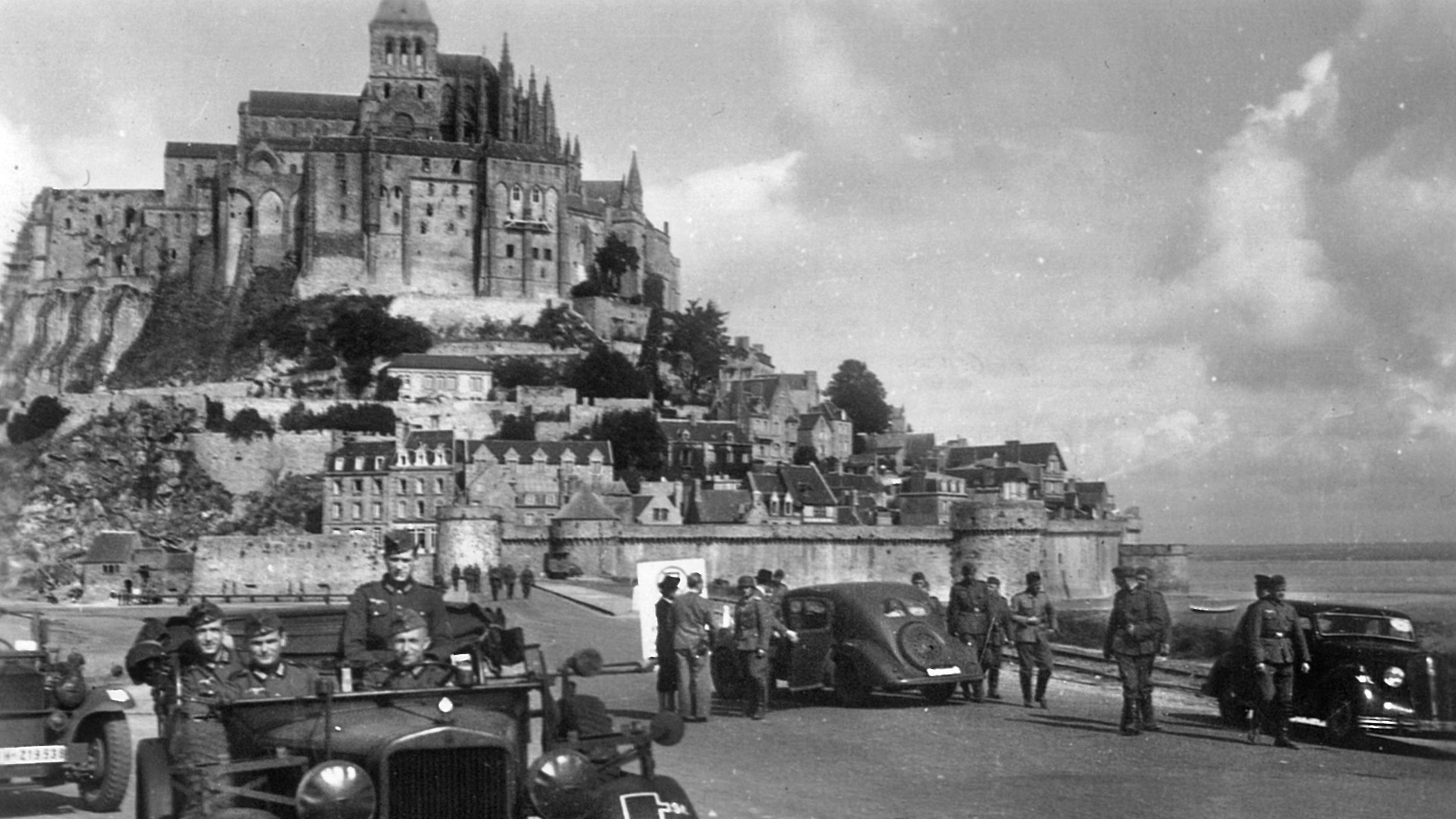
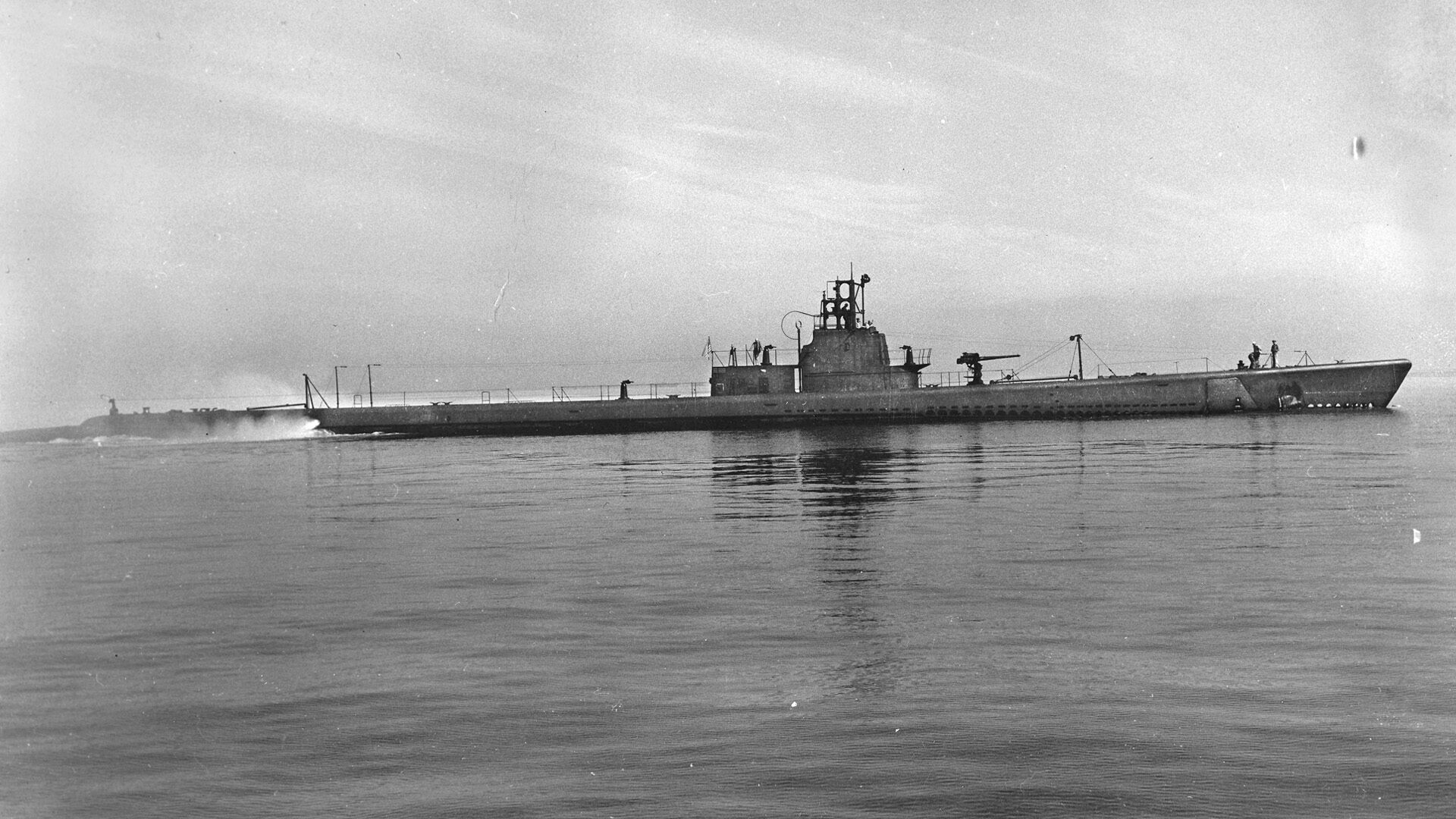
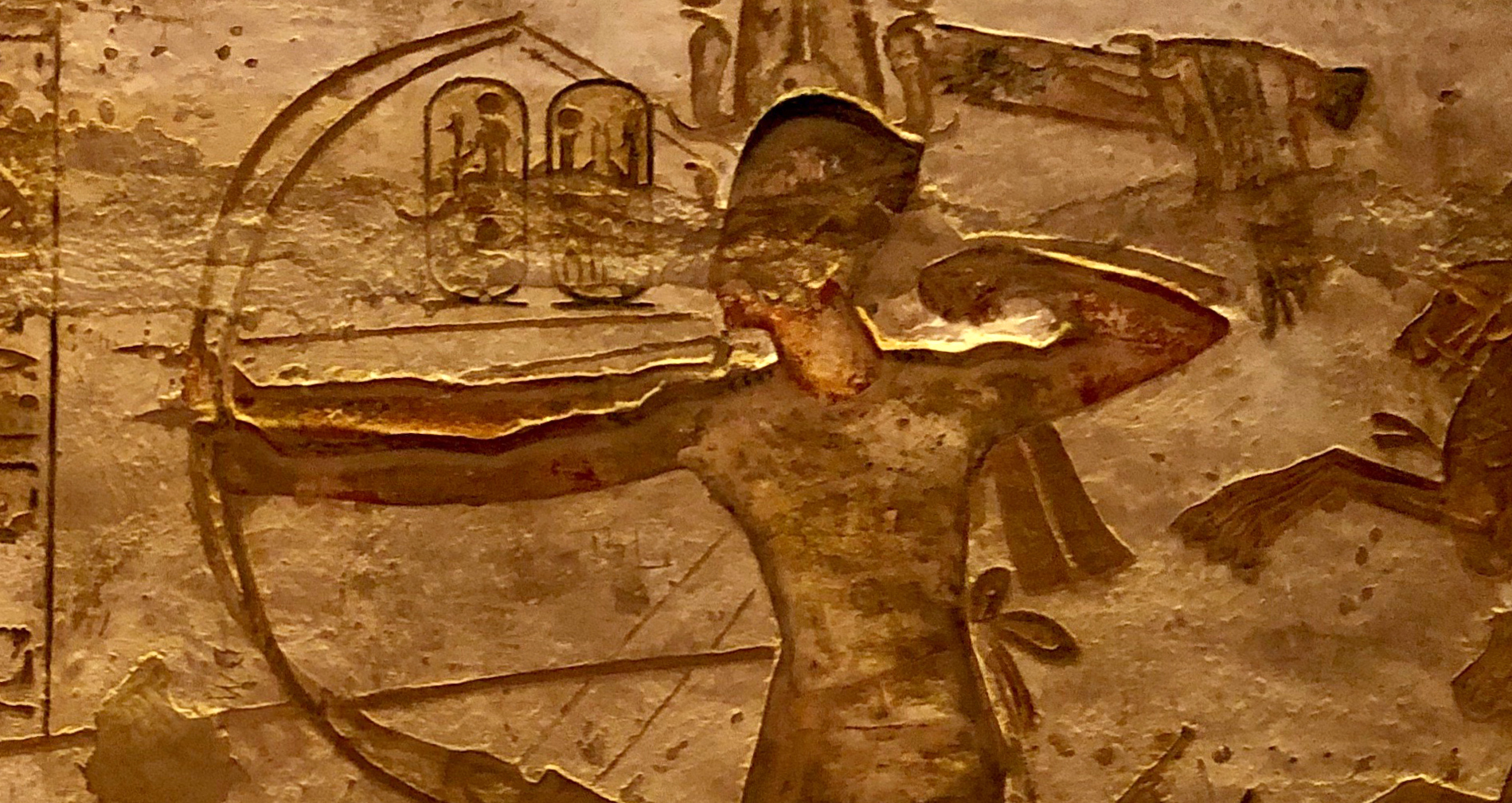
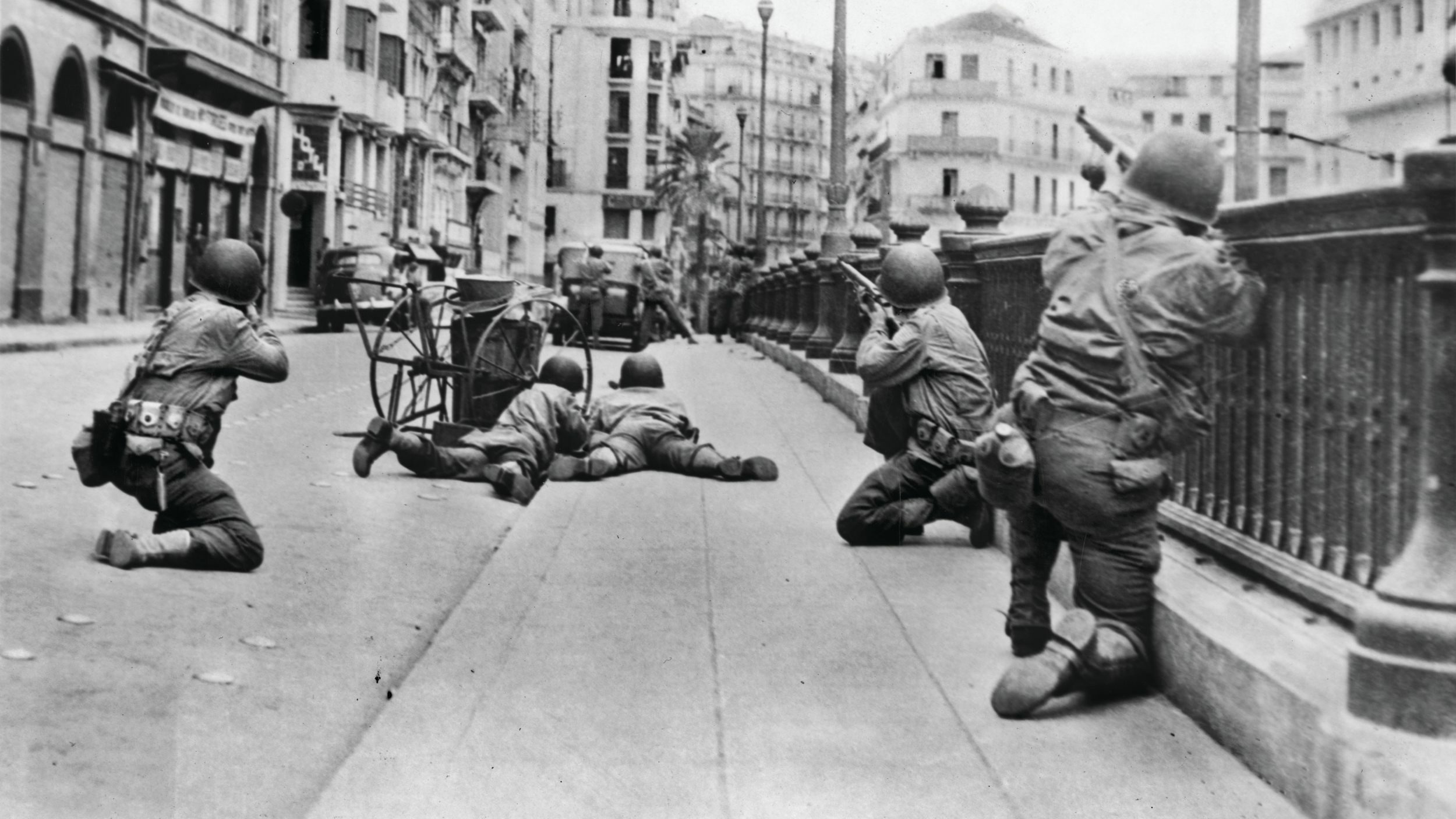
Join The Conversation
Comments
View All Comments